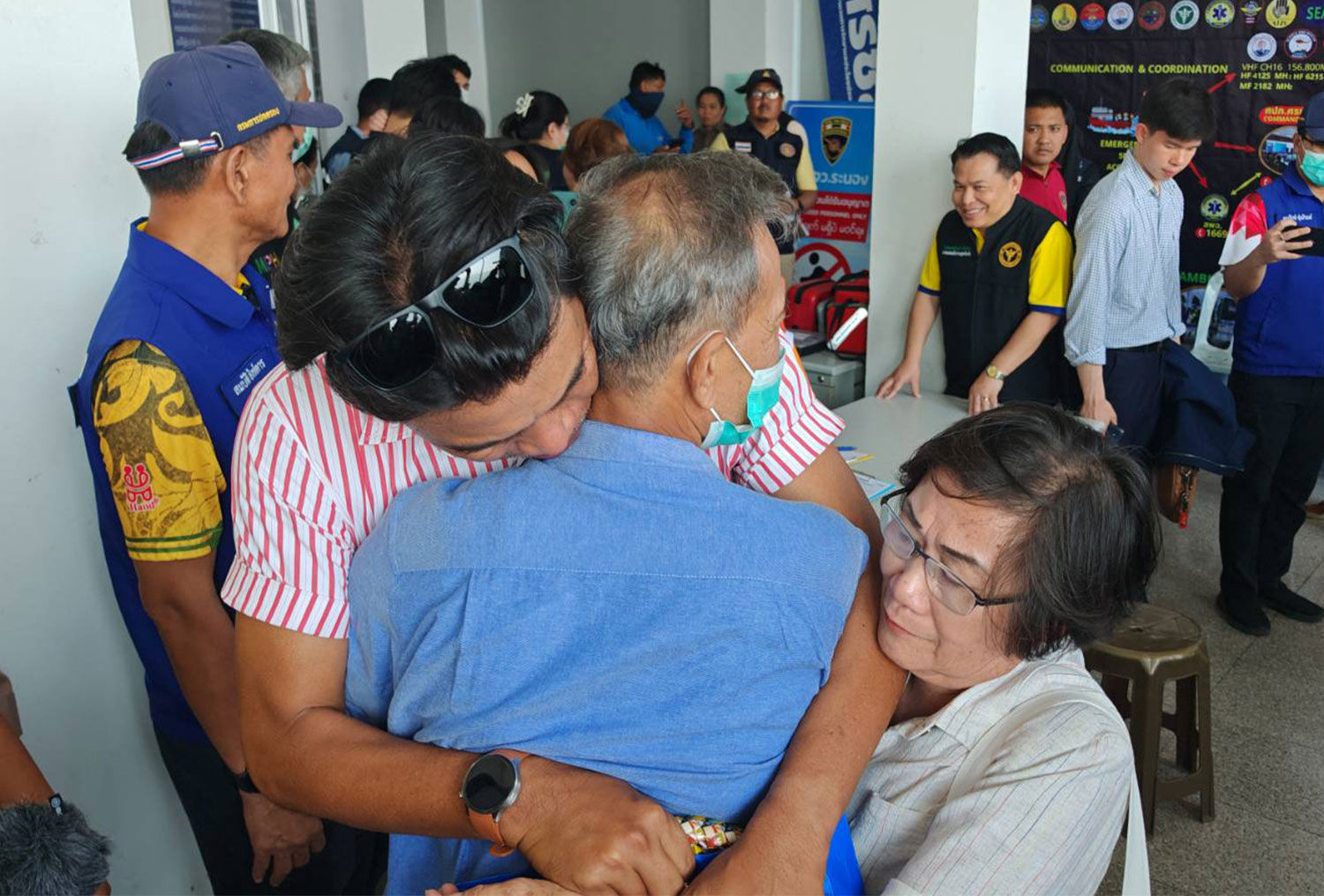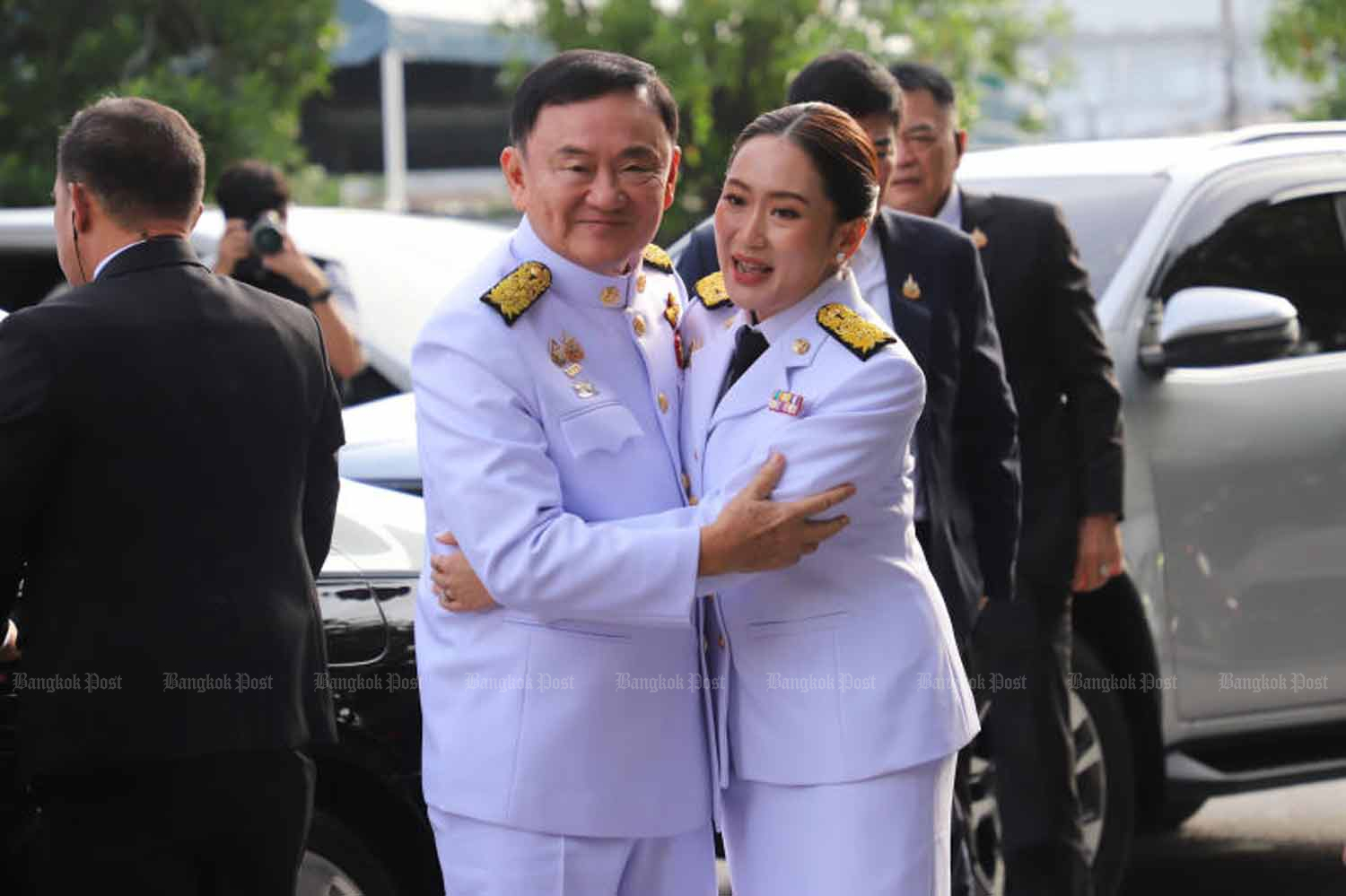Army’s Policy on K-9 Donations
No Public Donations Allowed for Army K-9s
The government has officially stated that the Army does not accept public donations for its K-9 units. This clarification addresses recent misconceptions about funding for military working dogs. Unlike civilian organizations, the military manages its own resources and does not rely on public contributions to equip or care for its K-9 teams.
Military K-9s Operate Under Strict Government Funding
Military working dogs are fully funded by the Department of Defense, ensuring they receive the necessary training, equipment, and medical care. This centralized funding model eliminates the need for external donations, differentiating military K-9s from those in law enforcement or private security sectors.
Supporting Non-Military K-9 Organizations
Civilian K-9 Programs Accept Public Support
While the Army does not accept donations, several non-profit organizations provide support for law enforcement and retired working dogs. Groups like Project K-9 Hero and Vested Interest in K9s rely on public contributions to supply ballistic vests, medical care, and other essential needs for non-military dogs.
How Donations Help Other K-9 Heroes
Donations to civilian programs can cover costs such as veterinary bills, prescription food, and end-of-duty services. These efforts ensure that retired police and service dogs receive proper care after their active years.
Misconceptions About Military Working Dogs
Military Dogs Are Not Privately Funded
Contrary to popular belief, military working dogs are not supported through private donations. The government ensures these canine heroes are equipped for their missions through dedicated budgets.
Public Can Redirect Support to Civilian Causes
For those wishing to contribute, supporting organizations that assist retired or active civilian working dogs is a meaningful alternative. These groups play a vital role in honoring and caring for non-military K-9 heroes.
Clear Boundaries in K-9 Funding
Army’s Self-Sufficiency in Managing K-9 Units
The Army’s policy underscores its self-sufficiency in managing resources for military working dogs. This ensures that all operational needs are met without relying on external funding.
Opportunities to Support Non-Military Dogs
Individuals passionate about supporting working dogs can make a difference by donating to civilian organizations. These contributions help improve the lives of countless retired and active service animals outside the military framework.








